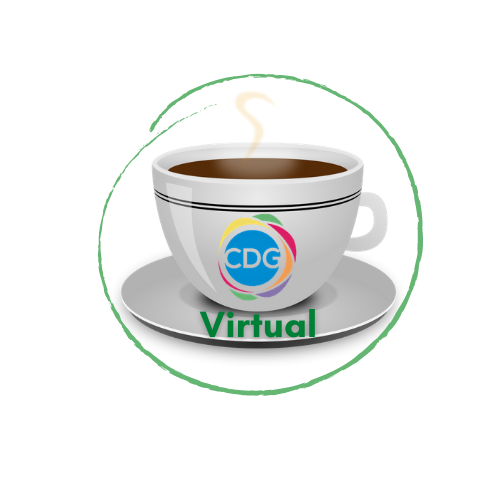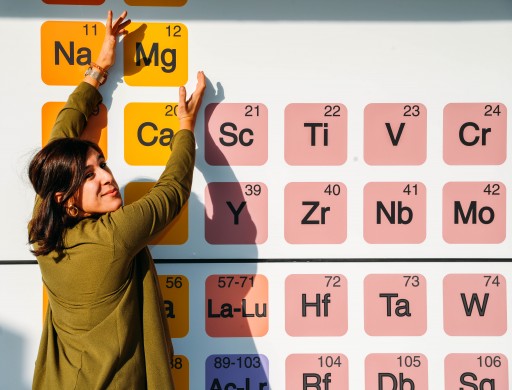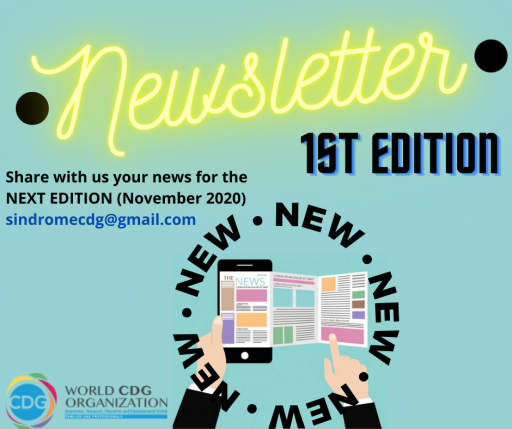Lisbon, 9th October 2020 – Rita Francisco, CDG & Allies Professionals and Patient Associations International Research Network (CDG & Allies PPAIN) researcher, leads unprecedented worldwide research with families of children with Congenital Disorders of Glycosylation (CDG). The goal was the collection of data in order to understand the impact of infection, allergies and other clinical manifestations on the lives of CDG patients, to implement a research approach centered on these families as well as to develop research projects in this fields.
“As the CDG community is scattered around the world we chose to develop a tool based on an electronic survey, the ImmunoCDGQ. The questionnaires were translated into six languages to facilitate and diversify family participation. We created a set of dissemination and empowerment campaigns and strategies exploring various online platforms to maximize the recruitment, but also to ensure the participants were properly informed”, states Rita Francisco, who is also a member of the Portuguese Association for CDG and other rare metabolic diseases (APCDG) and a member of the World CDG Organization.
The researcher mentions that there are now developing two new research projects based on the obtained results, alongside with other initiatives.
The conclusions of the study “New Insights into Immunological Involvement in Congenital Disorders of Glycosylation (CDG) from a People-Centric Approach”, led by Rita Francisco, reveal, among other aspects, that CDG patients have a higher prevalence of Immunological manifestations; that the most common CDG type (PMM2-CDG) exhibits diverse and severe infection patters which are a major cause of infection; that infection in PMM2-CDG are a greater clinical relevance in childhood and are significantly associated with the gastrointestinal tract; and that infections and allergies negatively affect the day to day activities of PMM2-CDG patients.
CDG are a group of 150 hereditary disease that affect glycosylation, a process though which all human cells produce glycan trees (complex and ramified sugars) which are linked to proteins or lipids (fats). These diseases are highly incapacitating, have a high pediatric mortality and a significantly high negative impact on the quality of life of the patients and their families. CDG are a family of very rare disease, being estimated that the most common type (PMM2-CDG) has an incidence of 1 in every 20 thousand people.
For more information: https://worldcdg.org
About APCDG
The Portuguese Association for CDG and other rare metabolic diseases (APCDG) is a non-profit organization dedicated to the promotion of innovative research that makes a difference in the lives of patients and their family members. The activities of this association are performed at a national and international levels. To know more, visit http://www.apcdg.com/
About the WCDGO
The World CDG Organization is the unified voice of the people living with CDG. The ai mis to transform the global understanding of CDG and to advocate for those who live with it. The WCDGO has a strong voice, in sync with governments, researchers, clinicians and industry to promote research, diagnosis, treatment and services for CDG. The WCDGO is led by CDG & Allies Professionals and Patient Associations International Research Network (CDG & Allies PPAIN).
About CDG & Allies PPAIN
CDG & Allies PPAIN is an international research network dedicated to CDG and related disease, headquartered at NOVA School of Science and Technology. For more information, visit: https://www.researchcdg.com/.





